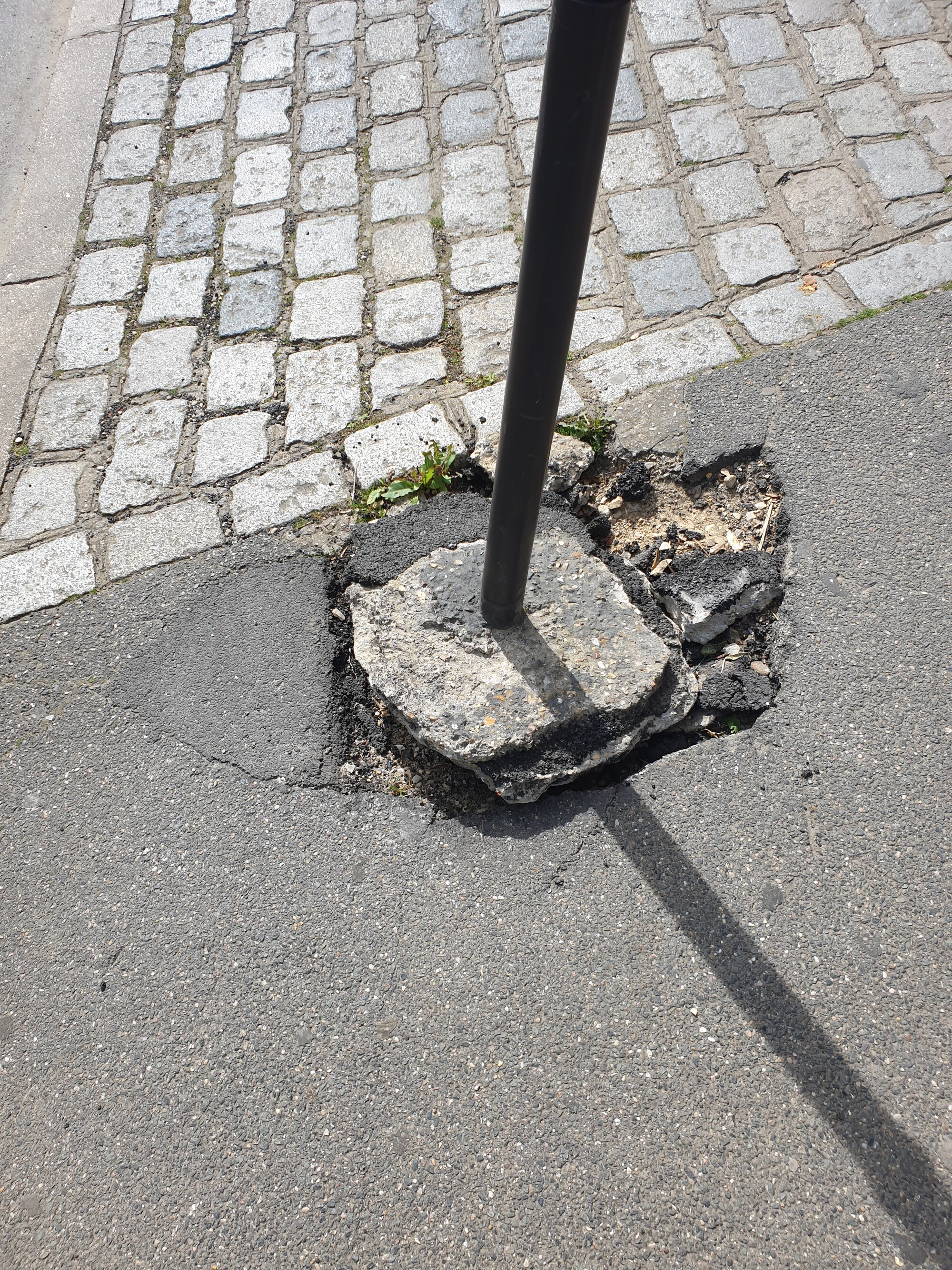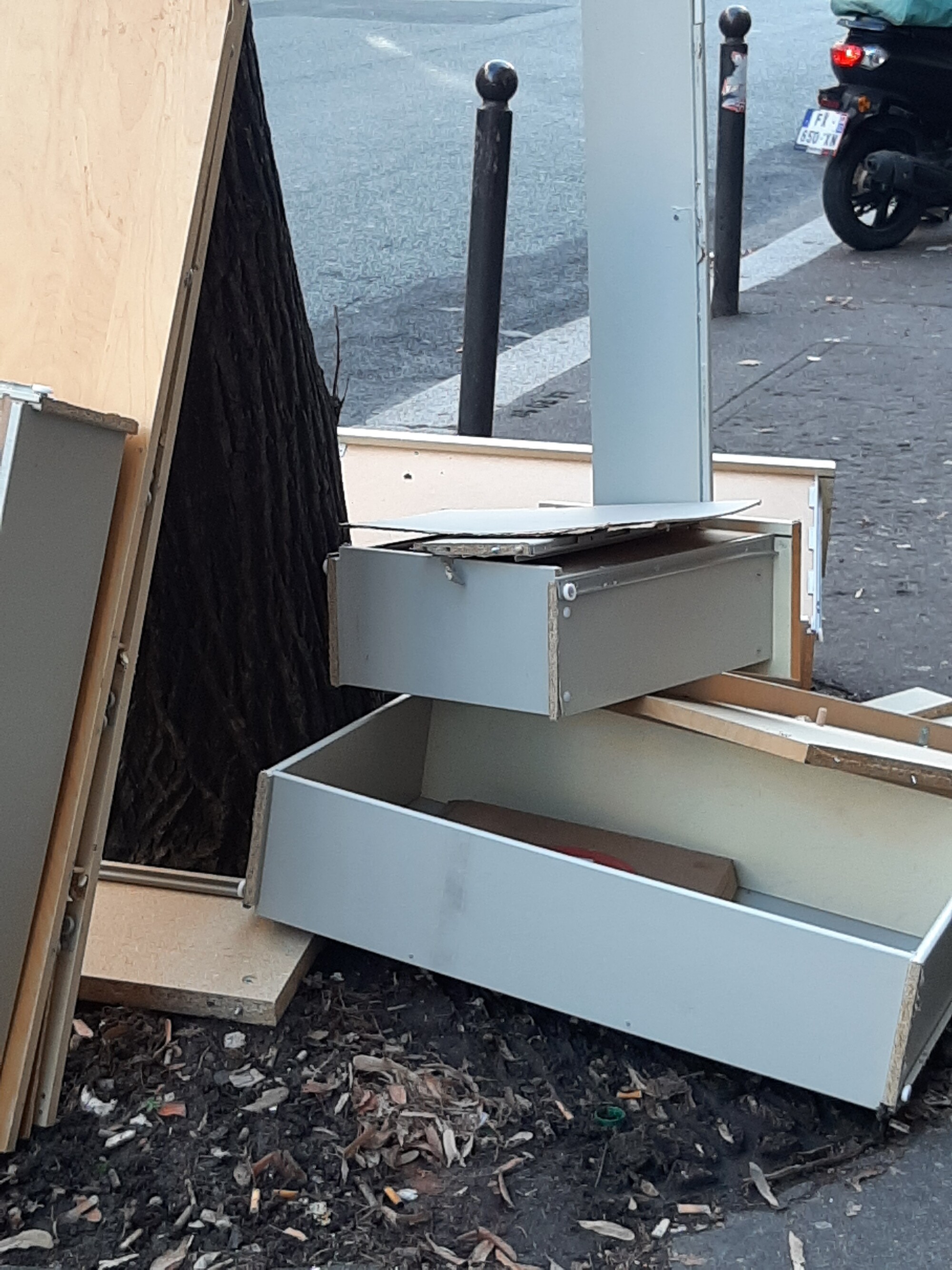Use the drop-down summary to access the articles in the folder.
Terms of republication
You can republish this article for free on your website, blog, etc.
Imagining a city where ageing is a pleasure
Behind the scenes of research
“Regularly maintain pavements”, “create dedicated pedestrian lanes”, “improve public transport accessibility”, “develop spaces where people can get to know each other”, “encourage the creation of local shops”. These are just some of the 49 suggestions for creating a city “where ageing is a pleasure” that were collected from around thirty elderly people as part of the CAPACité project’s approach to co-constructing the city of the future.
Are our elders not creative enough?
To reach this outcome, the CAPACité team worked with three partners to gain privileged access to two research areas with very different characteristics, the 15th arrondissement of Paris and Ivry-sur-Seine. This is a rare approach, as older people “are often left out of the equation because of a skewed social representation of their capacity for creativity and innovation”, says Luciana Castro Gonçalves, a research professor specialising in collaborative innovation and the co-leader of CAPACité
Design thinking to co-construct a city where ageing is a pleasure
The consultation took place in two stages. First, individual interviews were conducted to find out “what an inclusive city means to them, how they get around the city and how they feel about it”, explains the research professor. The co-construction process then continued with three creativity workshops with different configurations: the first workshop was made up of 30 students, the second of five elderly people and the third involved 13 elderly people and 20 students. Using the design thinking approach, these discussions enabled the researchers to demonstrate “the reflexive potential of vulnerable groups to co-construct solutions”, as well as the conditions for successful co-construction. In particular, they point out that “the perspective of senior citizens is invaluable in understanding the complexity and multi-dimensionality of pernicious issues.” These observations are the subject of an article currently being submitted to the journal Innovations. Revue d’Économie et de Management de l’Innovation (I-REMI).
Following on from the results revealed by CAPACité, the researchers intend to continue exploring perceptions on ageing well, in particular the influence of gender: women appear to be more involved in the social fabric than men. Finally, they intend to present the 49 proposals to the general public and put them to the vote through the creation of a civic tech platform.
Field images

Older people met and urban objects identified during observations..
Photos taken by the research team.



![[Translate to English:] Licence creative commons BY-SA 4.0 [Translate to English:] Licence creative commons BY-SA 4.0](https://reflexscience.univ-gustave-eiffel.fr/fileadmin/ReflexScience/Accueil/Logos/CCbySA.png)